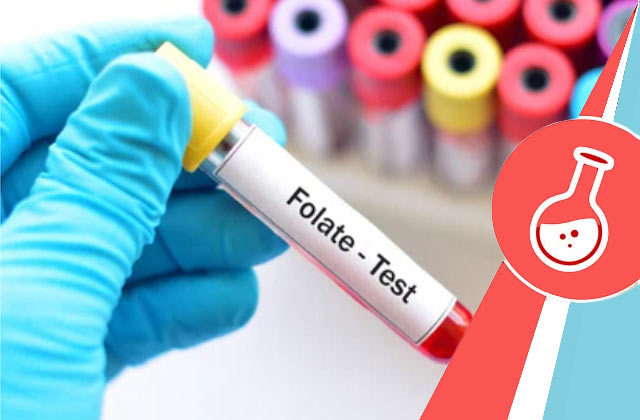- Empty cart.
- Continue Shopping
How to Maintain Healthy Folic Acid Levels

Folic acid, also known as folate or vitamin B9, is a crucial nutrient that supports various bodily functions, including cell division and the production of DNA. Maintaining adequate folic acid levels is essential for overall health and well-being.
Incorporating Folate-Rich Foods
1. Leafy Greens: A Verdant Source
Dark leafy greens like spinach, kale, and collard greens are excellent natural sources of folate. Incorporate them into salads, soups, or smoothies for a nutrient-packed meal.
2. Legumes: A Plant-Powered Boost
Beans, lentils, and chickpeas are rich in folate. They make versatile and hearty additions to a variety of dishes, from salads to stews.
3. Avocados: Creamy and Nutrient-Dense
Avocados are not only delicious but also a great source of folate. Spread avocado on toast or add it to salads for a nutrient boost.
Fortified Foods and Supplements
1. Fortified Grains: A Nutrient-Enriched Option
Many cereals, breads, and rice products are fortified with folic acid. Check labels to ensure you’re choosing fortified options.
2. Supplements: Bridging the Gap
In some cases, especially during pregnancy or for individuals with specific dietary restrictions, a folic acid supplement may be recommended. Consult a healthcare provider for personalized advice.
Cooking Techniques to Preserve Folate
1. Minimal Cooking Time
To retain the maximum amount of folate in your food, consider using cooking methods like steaming or microwaving, which involve shorter cooking times.
2. Avoid Overcooking
Overcooking can lead to nutrient loss. Opt for lightly cooked or raw options when possible.
Folic Acid in Animal Products
1. Eggs: A Complete Package
Eggs are a good source of folate. They can be prepared in various ways, making them a versatile addition to your diet.
2. Lean Meats: Balanced Nutrition
While fruits and vegetables are primary sources of folate, including lean meats like poultry or lean cuts of beef in your diet provides a balanced nutrient profile.
Be Mindful of Alcohol Consumption
Excessive alcohol consumption can interfere with the absorption and utilization of folate. Moderation is key to maintaining healthy folic acid levels.
Addressing Dietary Restrictions
1. Vegetarian and Vegan Diets
Individuals following vegetarian or vegan diets can still meet their folate needs by incorporating fortified foods, legumes, nuts, and seeds.
2. Gluten-Free Diets
For those with gluten sensitivities or celiac disease, seek out gluten-free fortified grains and incorporate naturally gluten-free folate-rich foods like lentils and leafy greens.
Regular Health Check-ups
1. Blood Tests
Regular blood tests can help monitor your folic acid levels. If you have concerns about your folate levels, consult a healthcare provider for appropriate testing and guidance.
2. Consult a Healthcare Provider
If you have specific health concerns or dietary restrictions that may impact your folate levels, seek advice from a registered dietitian or healthcare provider for personalized recommendations.
Finally, maintaining healthy folic acid levels is crucial for overall health and well-being. By incorporating folate-rich foods, being mindful of cooking techniques, and seeking appropriate supplementation when needed, you can ensure your body receives this essential nutrient. Remember, a balanced and varied diet is the cornerstone of good nutrition, and nourishing your body with folate-rich foods is a powerful step towards optimal health.








